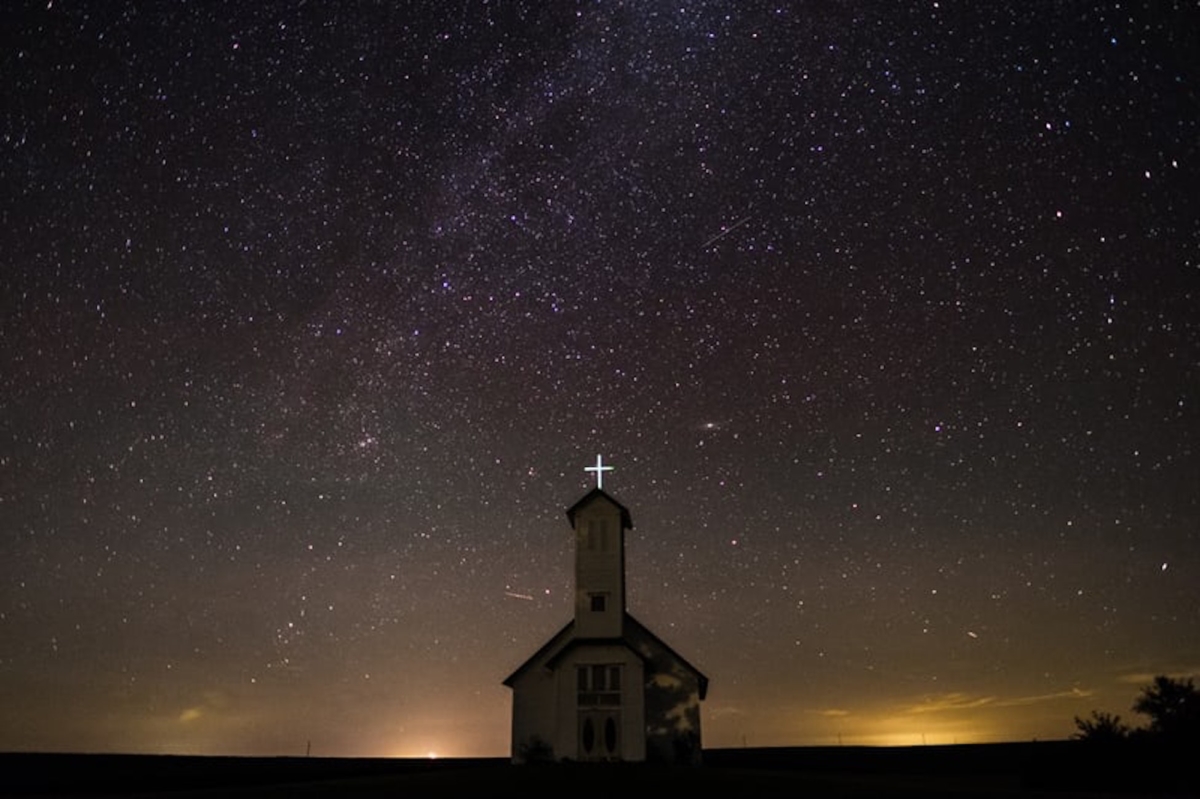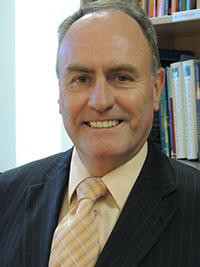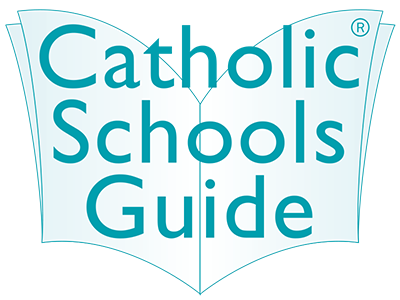News and Media

Catholic Colleges have a Religious Purpose and a Religious Life by John McGrath
Catholic secondary colleges are part of the work of the Catholic Church and share in its mission of spreading the Good News of Jesus Christ. They invite enrolling students and their families into an educational setting that situates learning in a context that goes beyond knowledge and skills to wisdom and a vision for life.
There are two types of Catholic schools, distinguished by their ownership and governance. About two thirds of Catholic secondary colleges are part of a diocesan school system managed by the Catholic Education Offices, Sydney or the Catholic Schools Office, Broken Bay. These are often called ‘systemic’ schools. About a third of Catholic colleges are owned by a religious institute (or order) of sisters, or brothers, or priests. These religious institute schools are sometimes described as ‘independent Catholic’ schools, in the sense that they are not managed by the local diocese, although they are connected to its wider mission. In 2011, 53,539 students attended 44 systemic and 25 religious institute-owned Catholic secondary colleges across the Archdiocese of Sydney and the Diocese of Broken Bay.
All are welcome to apply. Naturally, college enrolment policies give precedence to children of Catholic families, especially those connected to the life of a parish faith community. However, Catholic colleges have a diverse make-up of students. Almost 80% are Catholic, but many of these students’ sole or main connection with the Church is through their participation in the life of the school, and they are encouraged into the wider life of the Church. Catholic colleges welcome a range of other students who are Christian, or of another religious faith, or of none. As the Vatican documents state, Catholic schools are open to all, especially the poor, and Catholic colleges take great steps to ensure that no child is denied a Catholic education because of the family’s inability to pay. Colleges and dioceses have a range of measures for bursaries and fee relief, especially for indigenous and refugee students. Indigenous enrolments have increased twelvefold in the last 25 years.
Catholic secondary colleges, and their dioceses and religious institutes emphasise their mission or religious purpose, generally in the form of Mission and/or Vision Statements. Most Catholic colleges were founded by a religious institute and introduce students and their families to the particular gift or ‘charism’ of the founding order; the special way the college family over the years has sought to express its identity as a community living out the message of Jesus. Systemic colleges also may express their partnership with their diocese; for example, Broken Bay schools focus on the formation of students as disciples of Jesus.
It is important to emphasise that the religious life in a Catholic college, while generally compulsory, is always invitational and dialogical in the way it operates. It strives to connect the experiences and contexts of the students with the Catholic faith tradition and all that it has offer as resources for life. Religious Education classes are compulsory and operate as a subject with similar expectations to other learning areas. The focus, especially in Years 7-10, is on Scripture and the Catholic tradition and seeks to engage students so that they can make meaning in the interplay of their lives and the religious message. In Year 11-12, most students undertake one of the HSC courses in Studies of Religion, a subject with a high achievement standard in comparison to many other HSC subjects. Some senior students undertake a Board endorsed program more focused on Catholic studies.
There are many other elements that serve a college’s religious purpose and life. Most important is the overall ethos, expressed in its relationships and the highly valued quality of pastoral care. This is explicitly motivated by the example of Jesus. Catholic colleges try to make real the connection between learning in all subjects and
the message of the Gospel. Prayer and Liturgy are important features of Catholic colleges, especially the Beginning of Year Masses and the Year 12 Graduation Mass. Research demonstrates that the Senior Retreat is one of the most memorable moments of college life. Many schools offer voluntary youth ministry activities, an area that is growing, especially in association with World Youth Day. Social justice and outreach activities have a particular character in Catholicism and are particularly attractive to students in a range of local, national and global ways. Project Compassion fundraising for Caritas Australia during Lent, Vinnies appeals in winter and for Christmas, Catholic Mission activities in October are some examples focused on fundraising. Critical studies of the causes and solutions to poverty and dispossession, real action like Night Patrol, community service, direct connections with indigenous communities or overseas immersion programs as alternative to ‘Schoolies’ are other examples. In fact, all elements of the life of a Catholic college are designed so that the child who enrols in Year 7 can graduate as a young adult in Year 12 who has been exposed to the message of the Gospel in word and action, and is equipped to make a difference in the world.

John McGrath has worked in Catholic Education for 35 years. He is Assistant Director in the Broken Bay Catholic school system, with responsibility for Catholic mission and identity, Religious Education, the formation of teachers and collaboration with the wider Diocese. He is a member of the Religious Education Committee of the National Catholic Education Commission.
John has taught in girls, boys and co- educational Catholic secondary schools in Sydney. He has extensive experience in mission and religious education leadership at school and system level. He was a key leader in the development of HSC Studies of Religion in NSW. He was Project Leader for the Sydney Catholic Secondary Religious Education Curriculum in the 1990s, revisions of which are the core program in Sydney, Melbourne and several other dioceses. He has been a member of three Catholic College Boards. John is active in interfaith dialogue and is a director of the Together for Humanity Foundation.

